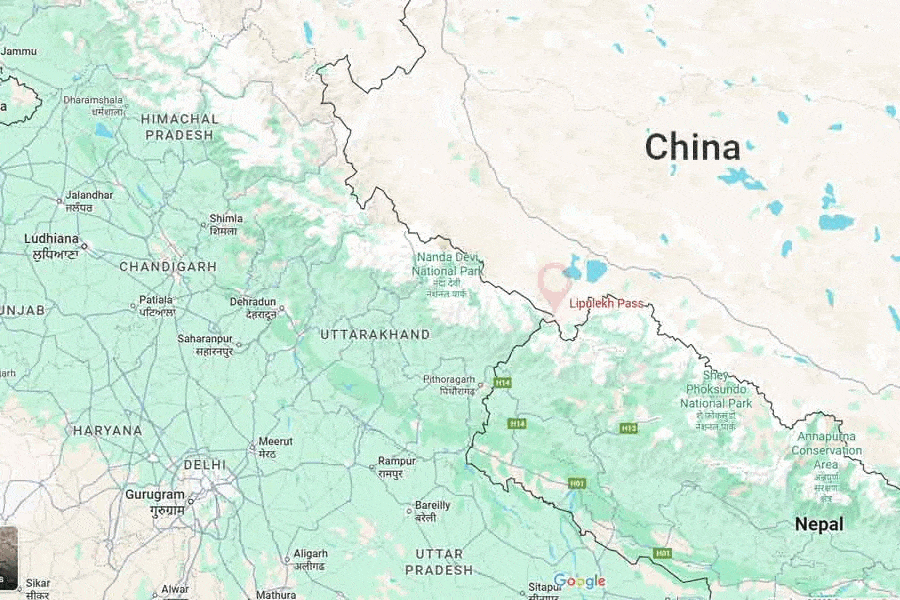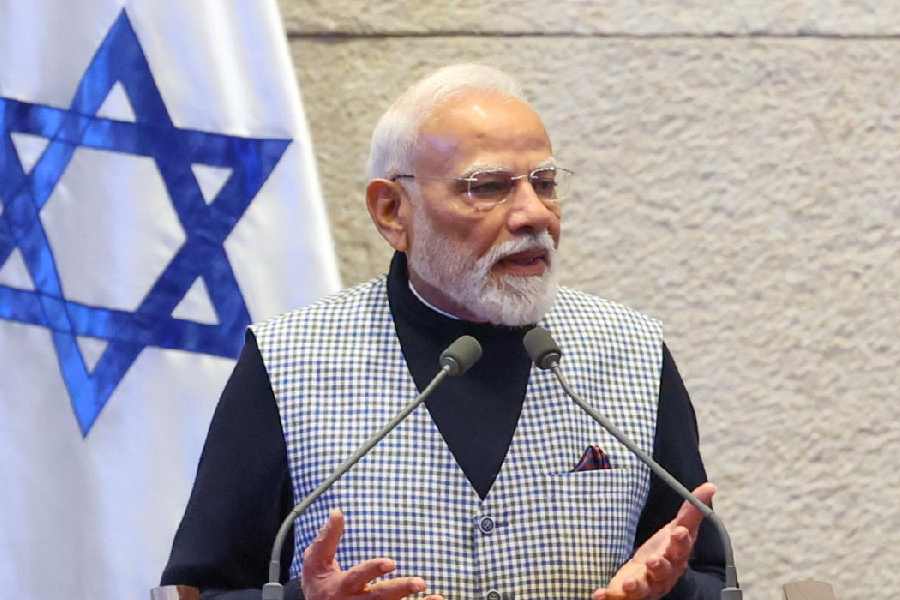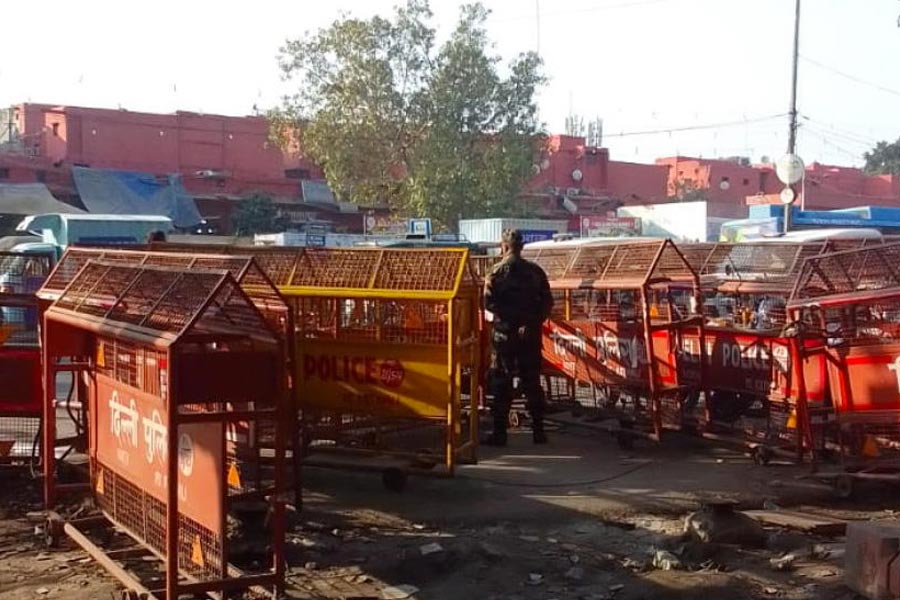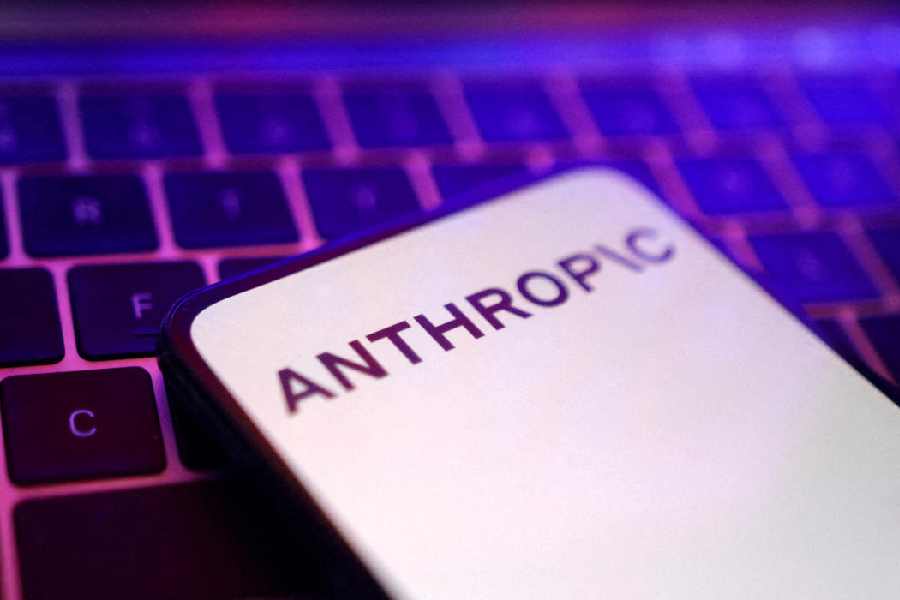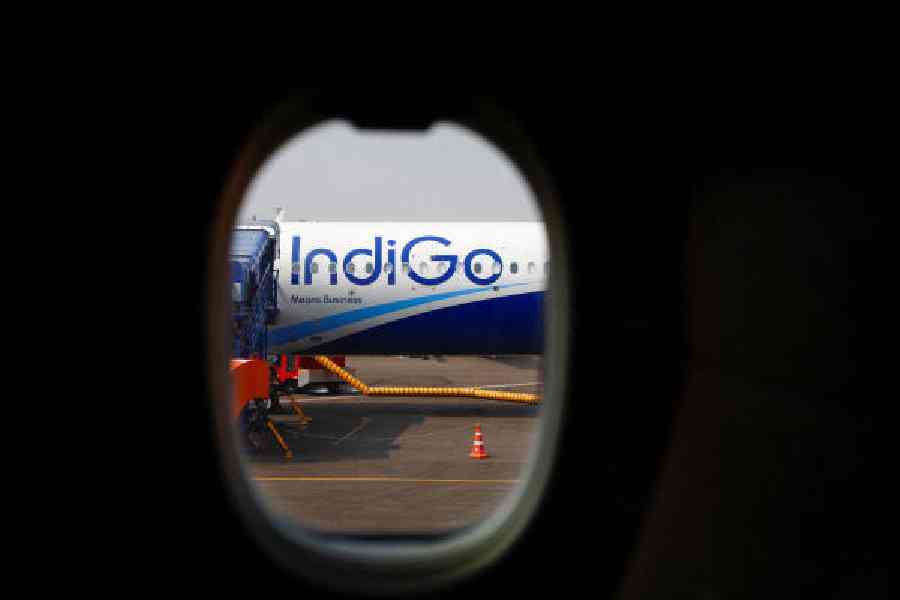India on Wednesday rejected Nepal’s objection to the resumption of border trade with China through the Lipulekh Pass, stressing that Kathmandu’s territorial claims were “neither justified nor based on historical facts and evidence”.
In a statement posted late Wednesday, external affairs ministry spokesperson Randhir Jaiswal said: “We have noted the comments of Ministry of Foreign Affairs of Nepal related to resumption of border trade between India and China through the Lipulekh Pass. Our position in this regard has been consistent and clear. Border trade between India and China through Lipulekh Pass commenced in 1954 and has been going on for decades.”
The statement said the trade was disrupted in recent years due to the Covid-19 pandemic and other developments and both sides have agreed to resume it.
“As regards territorial claims, our position remains that such claims are neither justified nor based on historical facts and evidence. Any unilateral artificial enlargement of territorial claims is untenable,” the statement added.
It emphasised: “India remains open to constructive interaction with Nepal on resolving agreed outstanding boundary issues through dialogue and diplomacy.”
Nepal’s foreign ministry had on Wednesday objected to the move to resume border trade, saying the territory is an inseparable part of that country.
“The Nepal government is clear that Limpiyadhura, Lipulekh and Kalapani, situated East of Mahakali river, are inseparable parts of Nepal. These are also officially incorporated in the Nepalese map, included in the Constitution as well,” Nepal’s foreign ministry said.
“It is a well-known fact that the Nepal government has been requesting the government of India not to construct or expand roads and indulge in any kind of activity such as border trade in the territory,” it added.
The ministry further noted that Kathmandu had also conveyed to Beijing that the area lies in Nepalese territory, asserting that it is committed to resolving the border issue with India “through diplomatic channels on the basis of historical treaty-agreement, facts, map and other evidence complying with the spirit of cordial and friendly relations.”
In 2020, Nepal amended its Constitution to update its political map, incorporating Kalapani, Lipulekh and Limpiyadhura into its territory, a move India termed as a “unilateral act” and an “artificial enlargement” of territorial claims.
The sharp exchange came a day after India and China agreed to reopen border trade through Lipulekh Pass, Shipki La and Nathu La, resume direct flights, and begin work on delimiting less contentious stretches of their boundary to pave the way for permanent demarcation.
At the 24th round of special representative-level talks in New Delhi, national security advisor Ajit Doval noted that the India-China border has been “quiet” and that there has been an “upward trend” in bilateral ties.
Chinese foreign minister Wang Yi, who also met Prime Minister Narendra Modi, said, “The stable and healthy development of China-India relations is in the fundamental interests of the two countries’ people.”
PM Modi, in turn, stressed that India-China relations have made “steady progress” and that “stable and constructive ties between the two neighbours would contribute to regional and global peace.”
The resumption of trade and dialogue between India and China, analysts say, also signals an effort to cautiously reset ties – that were severely strained following the deadly Galwan Valley clashes of 2020 – in the face of US President Donald Trump’s tariff war.
With Modi and Chinese President Xi Jinping scheduled to meet at the Shanghai Cooperation Organisation summit in Tianjin on August 31, the diplomatic momentum is being closely watched.

